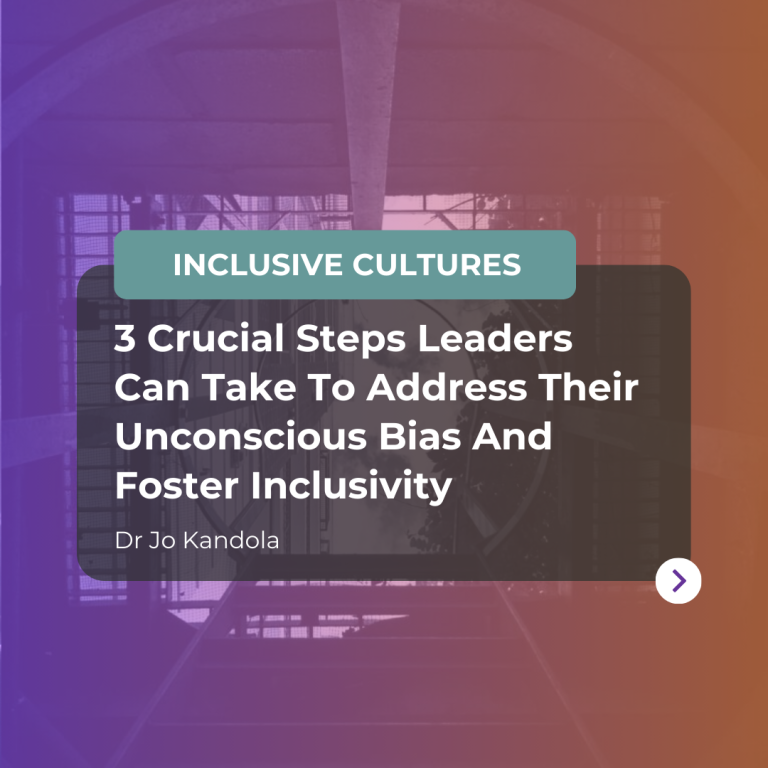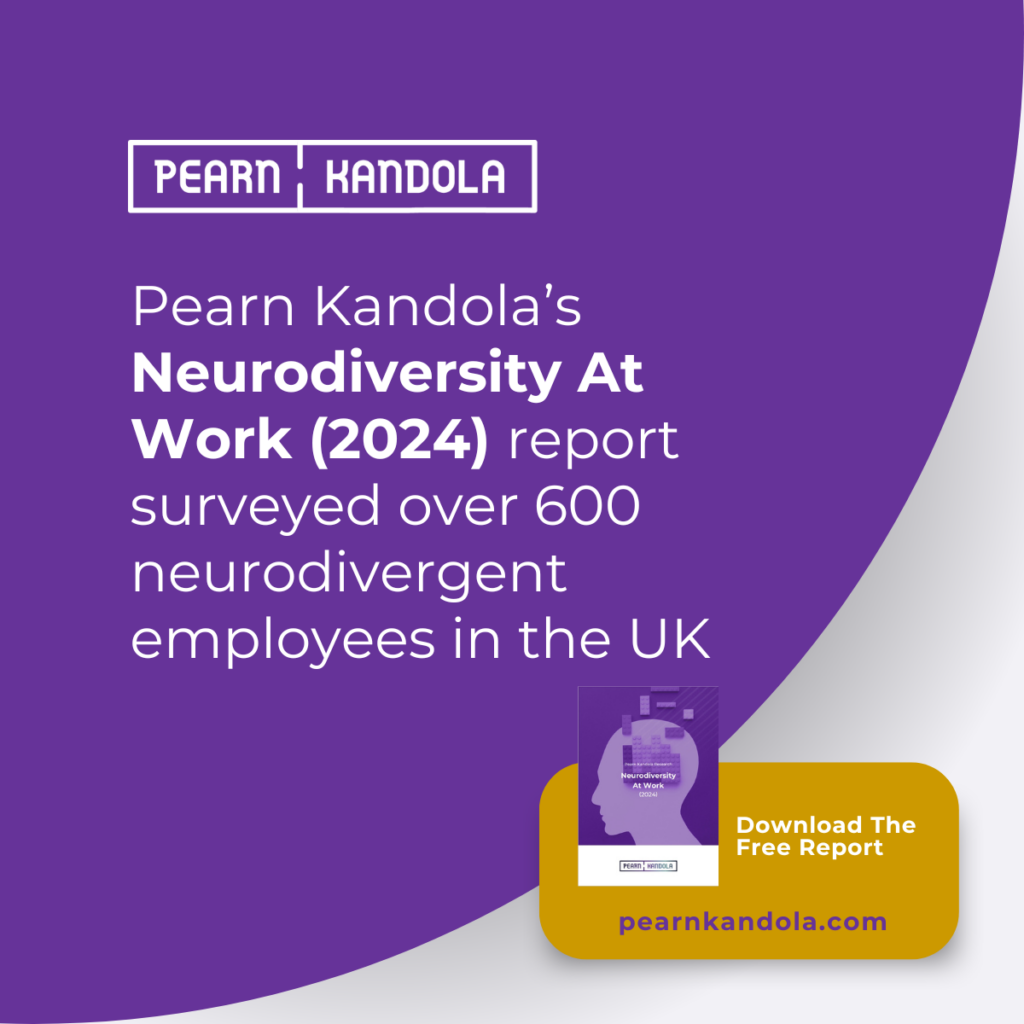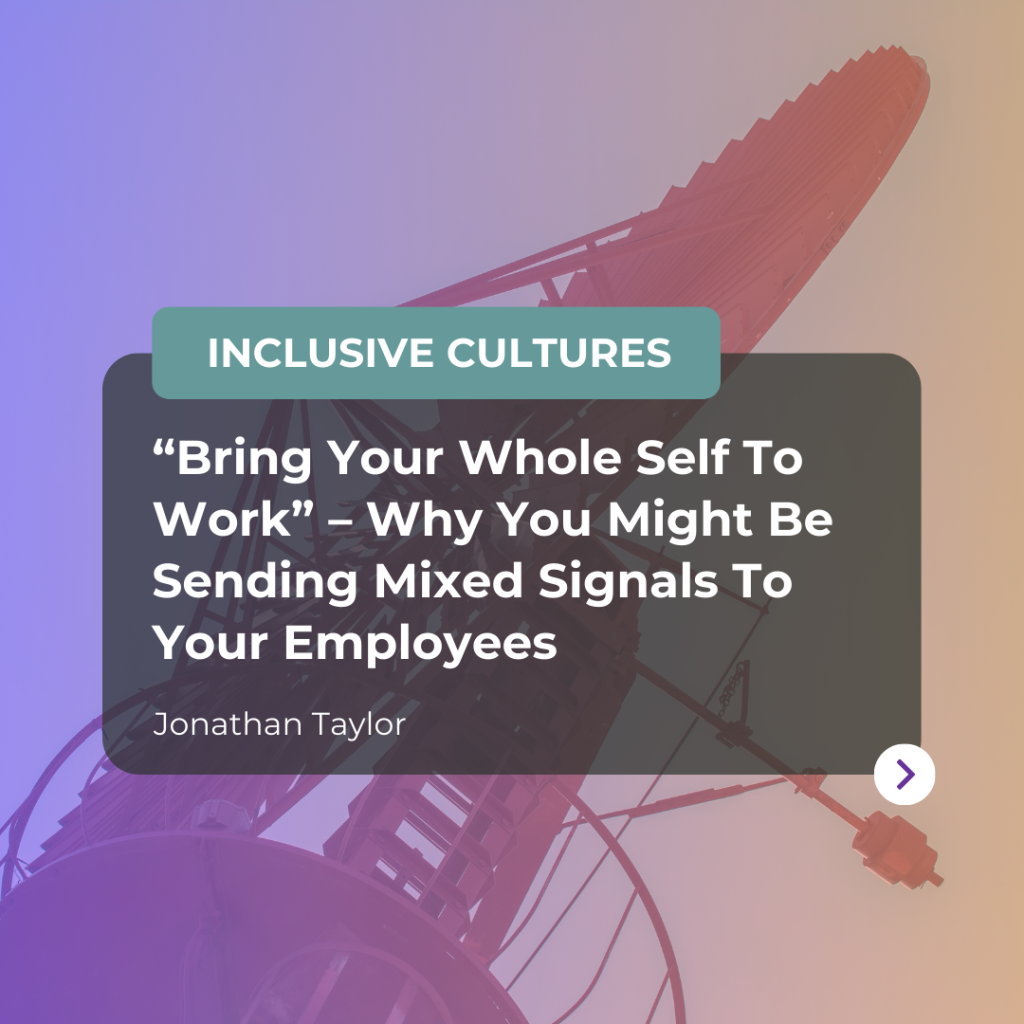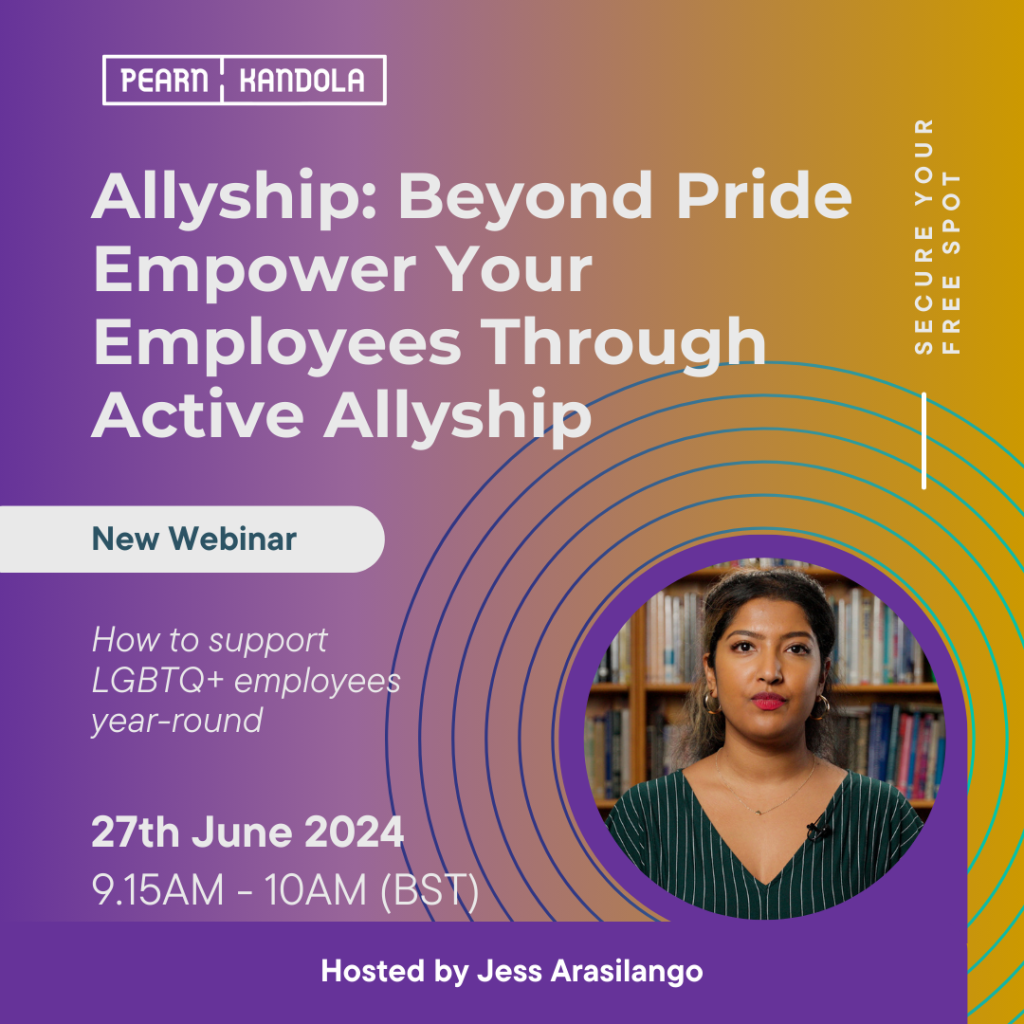Leaders must foster a culture of inclusivity for a team to achieve its full potential.
In inclusive environments, people share a sense of belonging and report feeling more comfortable and confident when contributing new ideas. Tapping into a wider pool of diverse perspectives can increase productivity and efficiency, and inclusive organisations can enjoy improved communication and collaboration among colleagues.
Not only this, but inclusive organisations are also more likely to attract and retain talent when employees feel valued and accepted.
Where Leaders Falter
Whilst our research shows that leaders are succeeding in some areas (such as building trust within their teams and having an open-minded approach towards people and ideas), it also indicates that leaders have three weaknesses when it comes to fostering inclusivity. These are:
- Helping team members develop their networks
- Addressing unconscious bias
- Dealing with departmental cliques
Out of these three, addressing unconscious bias was the most interesting finding. This was because the leaders themselves did not think they had an issue. Yet, everyone else who participated in their 360 feedback did.
This tells us unconscious bias is a clear blind spot for leaders, and while they are succeeding in some areas, they lack awareness of how they are falling short.
What Can Leaders Do?
Inclusive leadership tools can help business leaders at every stage to identify, reflect, and become aware of their individual blind spots – and to know what actions to take to address them.
The personal element here is so important. Traditional learning approaches tend to treat everyone as if they have the same strengths and weaknesses. Digital assessments, meanwhile, offer personalised action plans tailored to each leader’s specific needs.
However, without this personal insight and knowledge, there are plenty of ways leaders can foster more inclusive relationships and help ensure unconscious bias does not shape their daily judgements. Here are three ways:
- Seek out a diversity of thought
During team meetings, leaders should endeavour to ask for the opinions of quieter individuals and be mindful of any over-reliance on the same ‘go-to’ people. If someone is interrupted, leaders should ensure they have the opportunity to repeat themselves. Additionally, holding smaller meetings can help guarantee that the voices of less assertive colleagues are heard and valued.
- Recruit objectively
To make unbiased decisions, leaders should use clear and objective competency ratings during the recruitment process. It is crucial to avoid decision-making based on gut feelings or the notion of ‘team fit’. Leaders must also be mindful of how colleagues’ opinions can influence the interview process and should always rate candidates independently before sharing observations.
- Examine personal networks
It is essential for leaders to consciously identify team members they rarely speak with and make an effort to engage with them. By actively seeking out these individuals, leaders can offer them stretch development opportunities and help them grow within the organisation.
Making Progress with Inclusive Leadership
In today’s business environment, inclusivity is essential. Everyone should be valued, respected, and given a voice. Achieving this requires inclusive leadership, which requires an appreciation of diverse backgrounds, skills, and experienes. More than this though, it requires leaders to challenge their preconceived ideas and biases.
If they can get this right, they will foster a thriving, innovative, and cohesive workplace where employees feel empowered and the organisation can reach its full potential.
Our Inclusive Leadership programme is designed to help your leaders understand their strengths and weaknesses, while giving them the tools to foster a more inclusive workplace.
Contact us at info@pearnkandola.com to discuss how our experts can help you.








